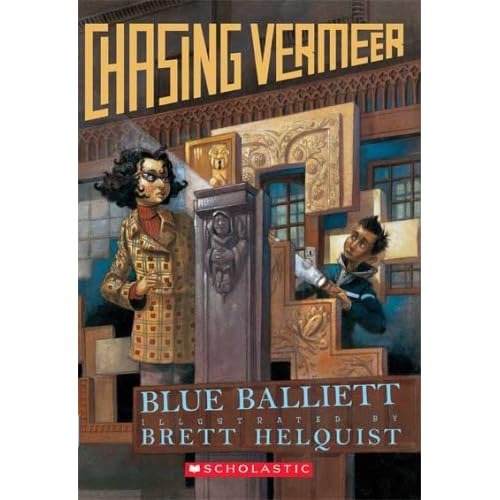Now that I have read Zlata's Diary, I am surprised that I had not read, or even heard of it, sooner. I am glad to have finally discovered it, though. I picked it up after reading about it in
The Freedom Writer's Diaries and hearing what an impact it had made in the lives of those students. (They even got to meet Zlata!) I can see why.
Zlata's Diary tells her story in a voice that is raw and honest as well as relate-able and engaging. Zlata is eleven when she starts writing to Mimmy, her diary. The war in Bosnia had not yet been loosed in Zlata's hometown of Sarajevo when she began writing in 1991. She is a typical fifth grader worrying about her grades and looking forward to weekend trips to the mountain. Within a few short months of her first entry, however, war has arrived in Sarajevo. Neither Zlata nor her beloved city will be the same again. The reader experiences the war through Zlata's eyes for the next two years until she is a thirteen year old girl, still living in war, missing her childhood, and wise beyond her years. I think Zlata explains the project best when she writes to Mimmy that, "I wrote to you about the war, about myself and Sarajevo in the war, and the world wants to know about it. I wrote what I felt, saw and heard, and now people outside of Sarajevo are going to know it." (From the entry marked Thursday, October 14, 1993).
I appreciated the unique perspective
Zlata's Diary offered on the Yugoslav Wars. The "kids" (read politicians) to a backseat to the human experience of war as felt and observed by a normal teenage girl in a very abnormal situation. You don't have to know the politics of 1990s Bosnia to understand Zlata's experiences. You don't have to understand the particulars of the war to understand her when she says "Of course, I'm 'young,' and politics are conducted by 'grown-ups.' But I thing we 'young' would do it better. We certainly wouldn't have chosen war." (From the entry marked Thursday, November 19, 1992). She doesn't dwell on the ins and outs of the conflict, but questions its existence to begin with.
Zlata's Diary is not a "girl book" or "boy book." It is non-fiction with a narrative, story-telling style. It is very, very real, even for those of us untouched by war. I can't recommend it enough.
Interested in hearing more about Zlata, beyond just reading her diary?
Check out this site to read a
recent interview with Zlata.
She also has a new book that I am interested in reading:
Stolen Voices.





